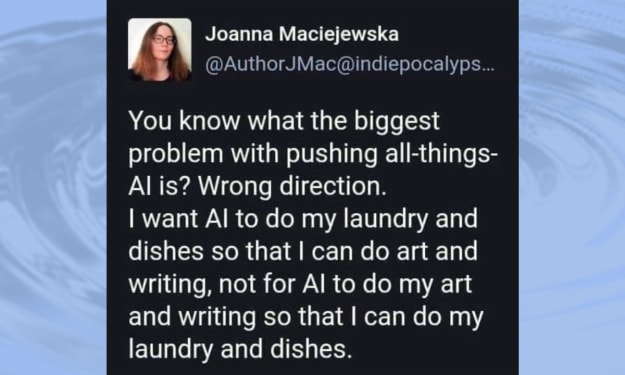Python for IoT App Development: Benefits
Python is a popular language for IoT development due to its simplicity, cross-platform compatibility, large community, and rich ecosystem of tools. It enables innovative IoT applications and has custom development services available.

The Internet of Things (IoT) has transformed how we interact with everyday objects, connecting them to the digital world and enabling seamless data exchange. It is a system of interrelated computing devices, mechanical and digital machines, things, or people that are provided with unique identifiers and the ability to transfer data over a network without requiring human-to-human or human-to-computer interaction.
And as the IoT ecosystem expands, developers seek efficient and versatile programming languages to build robust and scalable IoT applications. As for what programming tool can be used to create IoT systems, Python is a good choice because it is a powerful and versatile language that is easy to learn and use. Not only that, but this language also has an extensive library of modules and packages that can be used to develop IoT applications, and a large community of developers supports it.
IoT devices are becoming increasingly common and used in various applications, including smart homes, industrial automation, and transportation. Some of the most common types of IoT devices include:
- Sensors: They collect data from the environment and transmit it to other devices
- Actuators: They receive data from different devices and use it to control physical objects
- Programmable logic controllers (PLCs): They are used to automate industrial processes
- Radio-frequency identification (RFID) tags: They are used to identify and track objects
- Global positioning system (GPS) devices: They are used to determine the location of objects
Python has emerged as a powerful tool for IoT development, offering a wide range of libraries, frameworks, and support for rapid prototyping. With its simplicity, readability, and extensive community, Python is unleashing the power of IoT development, empowering developers to create innovative solutions that connect and control devices with ease.
With this blog, I'll explore Python's capabilities for IoT development, uncover its key features and advantages, and showcase real-world use cases demonstrating its potential to revolutionize the IoT landscape. So, let's go!
- Ease of use: Python is an elementary language to learn and use. It has a simple syntax similar to English, making it easy for beginners to pick up. Python also has many libraries and modules that can be used to speed up development.
- Cross-platform compatibility: Since it is a cross-platform language, i.e., it can be used to develop applications for Windows, Mac, and Linux, Python is a good choice for developing IoT applications that need to be compatible with a variety of devices.
- Large community: This programming language has a large and active community of developers, meaning plenty of support is available should one need it. Many resources are available online, such as tutorials, documentation, and libraries.
- Ecosystem: Python is fortified with a rich ecosystem of tools and libraries that can be used for IoT development. It would include things like frameworks, databases, and machine learning libraries. These provisions, in turn, make it easier to build complex IoT applications that can handle large amounts of data.
These benefits are not all that make Python so popular in the IoT ecosystem.
Python is also a clear language. It can be quickly put to work to develop a wide range of IoT applications, from simple sensor-based devices to complex machine-learning applications.
Here are some examples of IoT applications that have been developed using Python:
- Industrial automation: Python can be used to develop applications that control things like robots and machinery.
- Transportation: Python can be used to develop transportation applications that track things like vehicles, cargo, and passengers.
Python is a powerful and versatile language that is well-suited for IoT development. It is easy to learn and use and has a large community of support. If you are interested in developing IoT applications, Python is a good choice of language. Many companies offer custom Python development services if you need help developing an IoT application.
These companies can help you with everything from designing and developing your application to deploying it to production.
About the Creator
Ryan Williamson
A professional & security-oriented programmer having more than 6 years of experience in designing, implementing, testing & supporting mobile apps developed. Being techno geek, I love to read & share about the latest updates in technology.






Comments
Ryan Williamson is not accepting comments at the moment
Want to show your support? Send them a one-off tip.